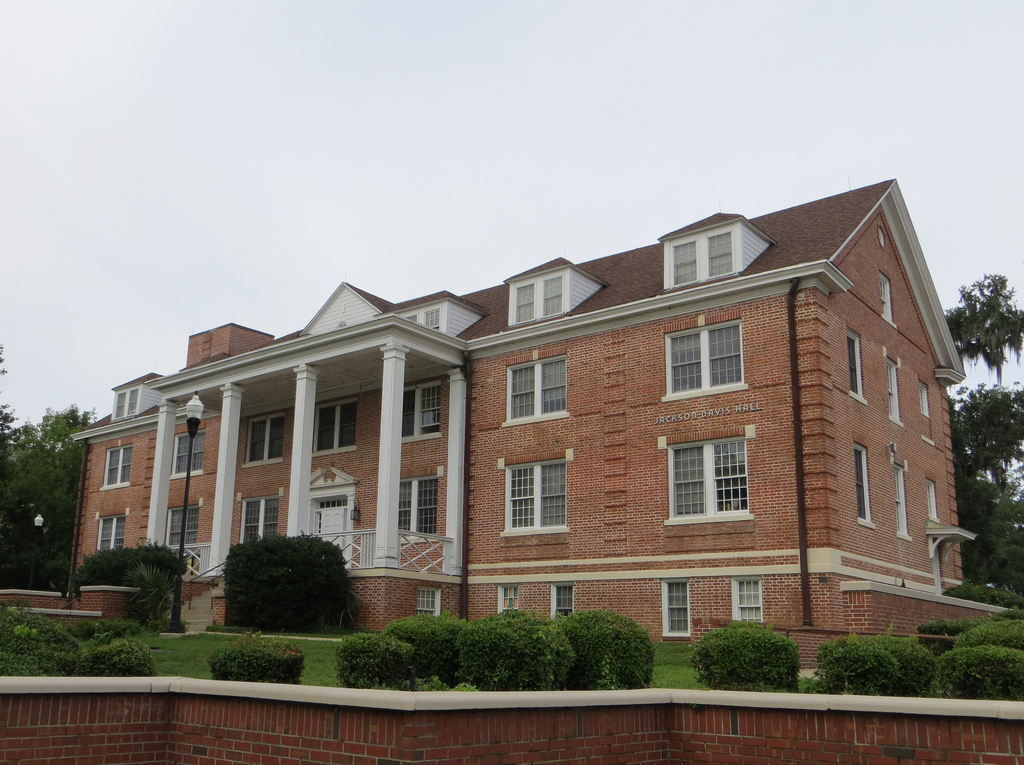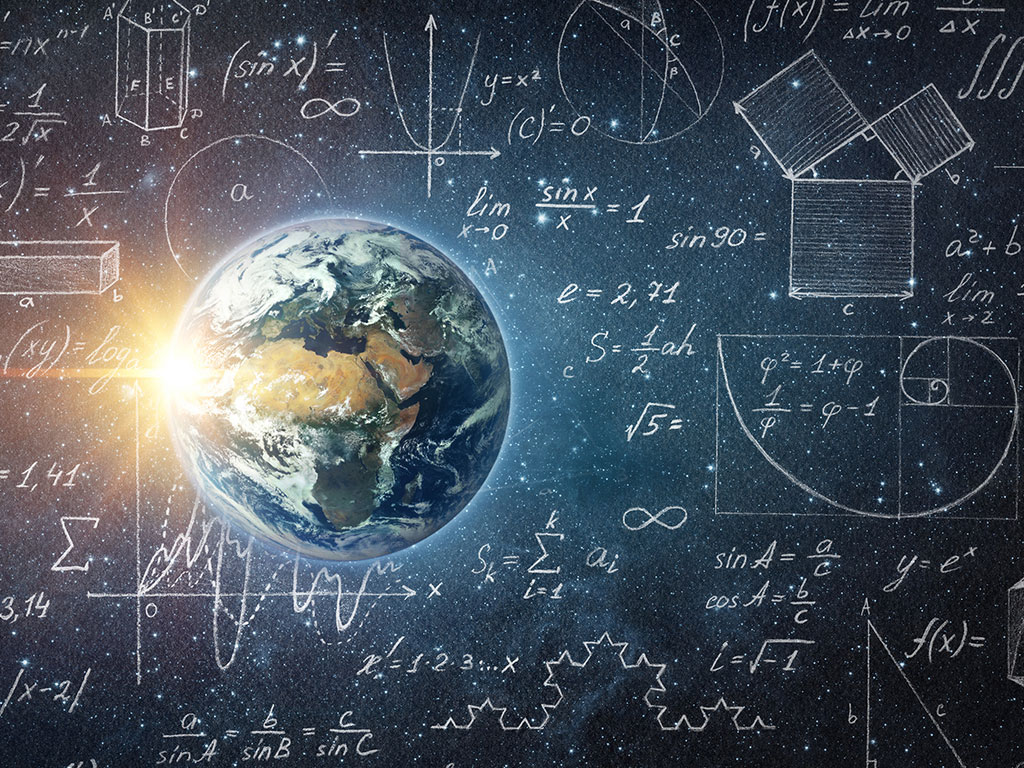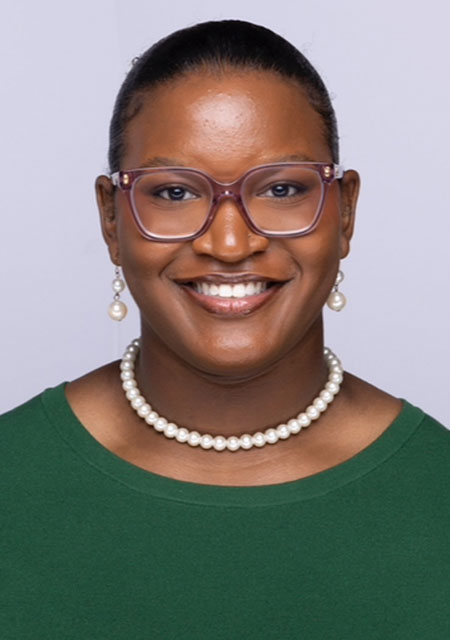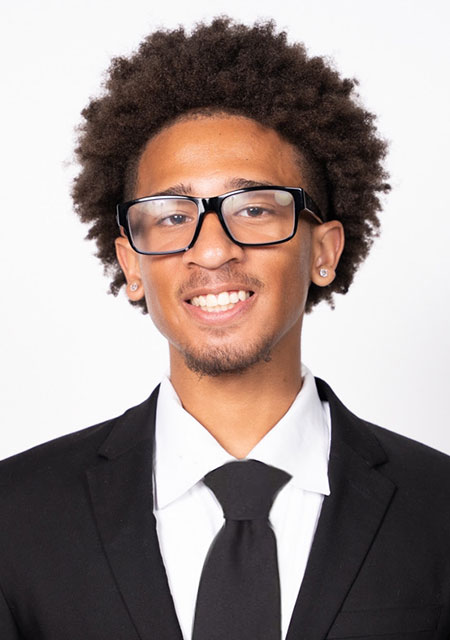Bachelor of Science in Mathematics (Traditional/Pure)
The Pure/Traditional Mathematics tract curriculum is designed to give the student a strong foundation in the theory of mathematics. It concentrates on the history of mathematics, mathematical logic, problem solving, axioms, theorems, and proofs. Students will study the art of creating and solving open questions (theories that are assumed to be true but have not been proven). Mathematical theory is the corner stone of all sciences. With each new mathematical result, new questions arise, and mathematical theory grows. This new knowledge is used to solve more problems across all fields, particularly the sciences. Real world unsolved problems have stimulated the growth of traditional mathematics. Students will acquire a mathematical reasoning that can be used in any profession. Mathematics is the language of which all scientific theories are expressed. Students in this track may go on to be professors in universities or researchers of industries and businesses.
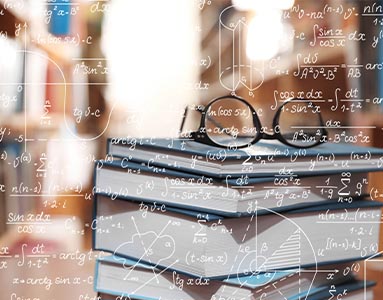
What is Mathematical Theory?
Mathematical theory is the corner stone of all sciences. With each new mathematical result, new questions arise, and mathematical theory grows. This new knowledge is used to solve more problems across all fields, particularly the sciences. Real world unsolved problems have stimulated the growth of traditional mathematics. Students will acquire a mathematical reasoning that can be used in any profession.
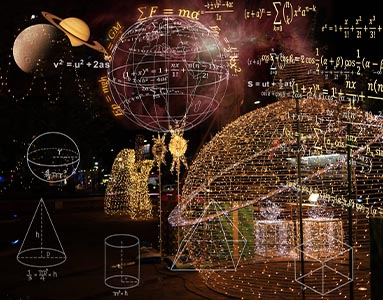
Mathematical Theory Careers
Pure/Traditional Mathematics career Mathematics is the language of which all scientific theories are expressed. Students in this track may go on to be:
- Ph.D. students
- Research Assistant
- Graduate Teaching Assistant
- Instructors/Lecturers/Teaching Professors
- Tenure professors (a doctorate degree is required)
- Theoretical physicists
- Researchers in industries or businesses
- and more!
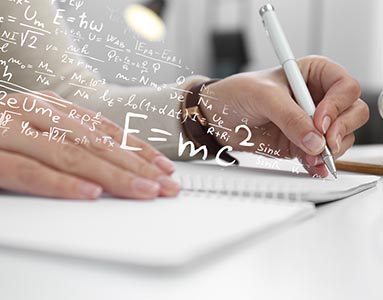
Mathematical Theory Employment Expectations
While a pure math degree focuses on theoretical concepts, its rigor develops highly transferable skills that are valued across a range of fields, not just academia. Skills that are valued by the employers are:
- Analytical and quantitative reasoning: The ability to find patterns, analyze large data sets, and draw conclusions.
- Logical Thinking: The ability to construct clear, accurate, and logical arguments, and to recognize valid and invalid reasoning.
- Critical thinking: Evaluating information and complex issues to make reasoned judgments.
- Abstract problem-solving: Decomposing complex problems and formulating theories or models to solve them.
Entry-level salaries typically range from $42,000 to $59,000 per year in the US. According to recent job posting data, salary ranges for pure math majors are:
- Bottom range (25th percentile): $42,000 per year.
- Typical range (median): $52,500 per year.
- Upper range (75th percentile): $56,000 per year.
- Top earners (90th percentile): Up to $65,000 per year.
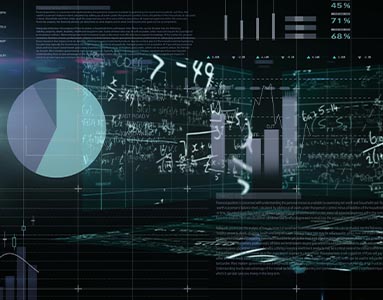
Mathematical Theory Frequently Asked Questions (FAQs)
Q: What do Instructors/Lecturers/Professors' life look like?
A: A Professor's life typically involves a mix of teaching classes, conducting research
in their field of expertise, advising students, serving on committees, etc. While
most Tenured Professors have to invest a significant portion of their time dedicated
to independent scholarship and research, Teaching Professors/Lecturers/Instructors
often do not.
Q: What do Theoretical Physicists' life look like?
A: A Theoretical Physicist's life is typically filled with deep contemplation, complex
mathematical calculations, extensive reading of scientific papers, collaboration with
other physicists, and a focus on developing new theories to explain fundamental physical
phenomena, often working independently in an office setting, with a heavy emphasis
on research and writing academic papers; they may also spend time teaching at universities.
Q: What do Researchers' life look like?
A: A Researcher in business or industry typically has a workday focused on specific company
goals, collaborating closely with different teams to develop practical solutions through
research, often working on projects with clear timelines and deliverables, and experiencing
a stronger emphasis on applying research findings directly to product development
or market strategies. Their day-to-day might involve designing experiments, analyzing
data, presenting findings to stakeholders, and actively seeking opportunities to translate
research into tangible business impact.
Are you thinking about pursuing a career in Pure Mathematics? Our program prepares students to become highly-trained mathematicians.
If you are thinking of majoring in mathematics, consider what some of our own Rattlers had to say about FAMU's Mathematics program, what inspired them, and why they chose mathematics as a career.
I love that my degree program is close knit. I have taken majority of the professors in the department and I feel comfortable to fully express when I have a need. My professors always have my back!
I love the community that is fostered within the program. Mathematics is a small department that has great people that are willing to provide support and resources to help everyone succeed.
I love that my degree program gives me a little challenge to boost me in life.
Program Faculty
|
Name |
|
Phone |
| Ajith Gunarante Chair, Professor |
(850) 561-8569 | |
| Pierre Ngnepieba Professor, Associate Dean |
(850) 412-5978 | |
| Richard Andrews Instructor |
(850) 599-3755 | |
| Narayana Bandara Assistant Professor |
(850) 599-8732 | |
| Kbenesh Blayneh Professor |
(850) 412-5228 | |
| Maria Dofing Adjunct |
(850) 599-3755 | |
| Nora Entekhabi Assistant Professor |
(850) 412-5230 | |
| Mohsen Gheibi Instructor |
(850) 412-5230 | |
| Cong Hoang Assistant Professor |
(850) 412-5239 | |
| Andrew Jones Professor |
(850) 459-3222 | |
| Vaslie Lauric Professor |
(850) 412-5234 | |
| Solomon Manukure Assistant Professor |
(850) 412-5232 | |
| Erdell Maurice Instructor |
(850) 412-5233 | |
| Joseph Mokher Instructor |
(850) 412-5229 | |
| Daniel Osborne Associate Professor |
(850) 412-7926 | |
| Jamil Perkins Instructor |
(850) 599-8404 | |
| Calvin Robinson Adjunct |
(850) 599-3755 | |
| Tony Se Assistant Professor |
(850) 412-5231 | |
| Elise Simmons Instructor |
(850) 599-8403 | |
| Desmond Stephens Associate Professor |
(850) 329-0236 | |
| Sonya Stephens Associate Professor |
(850) 561-0236 | |
| Madhav Wagley Instructor |
(850) 412-5241 | |
| Roslyn Williams Professor |
(850) 412-5236 |
Traditional Mathematics Track
| Course | Name | Hours |
| ENC 1101 | Freshman Communication Skills I | 3 |
| MAC 2311 | Calculus I | 4 |
| AMH 2091 | Introduction to African American History | 3 |
| Humanities Elective | 3 | |
| Social Science Elective | 3 |
| Course | Name | Hours |
| ENC 1102 | Freshman Communication Skills II | 3 |
| STA 2023 | Programming in C Language | 3 |
| MAC 2312 | Calculus II | 4 |
| SPC 2600 | Public Speaking | 3 |
| Humanities Elective | 3 |
| Course | Name | Hours |
| MAC 2313 | Calculus III | 5 |
| STA 3034 | Mathematical Statistics (fall only) | 3 |
| MAT 4906 | Linear Algebra | 3 |
| Approved Sciences Sequence* | 4 |
| Course | Name | Hours |
| MHF 4202 | Foundations of Mathematics (spring only) | 3 |
| MAP 2302 | Differential Equations | 3 |
| Elective | 3 | |
| Approved Sciences Sequence* | 4 |
| Course | Name | Hours |
| MAD 3401 | Numerical Analysis (fall only) | 3 |
| Electives | 12 |
| Course | Name | Hours |
| MAS 4301 | Abstract Algebra I (spring only) | 3 |
| MAA 4402 | Complex Variables (spring only) | 3 |
| MTG 4302 | Topology (spring only) | 3 |
| Electives | 6 |
| Course | Name | Hours |
| MAA 4211 | Advanced Calculus I (fall only) | 3 |
| MAT 4937 | Senior Seminar (fall only) | 3 |
| Traditional Mathematics Elective** | 3 | |
| Electives* | 6 |
| Course | Name | Hours |
| MAA 4212 | Mathematical Modeling | 3 |
| Traditional Mathematics Elective** | 3 | |
| Electives | 9 |
*approved science sequence:
General biology (BSC 1010/L, BCS 1011/L)
General chemistry (CHM 1045/L, CHM 1046/L) or
General physics (PHY 2048/L, PHY 2049/L)
*Approved Traditional Mathematics electives:
MAP 4103 Mathematical Modeling (spring only)
MTG 4212 Modern Pure Geometry (fall only)
MAS 4203 Number Theory (fall only)
MAD 4203 Combinatorial Analysis (not offered regularly)
